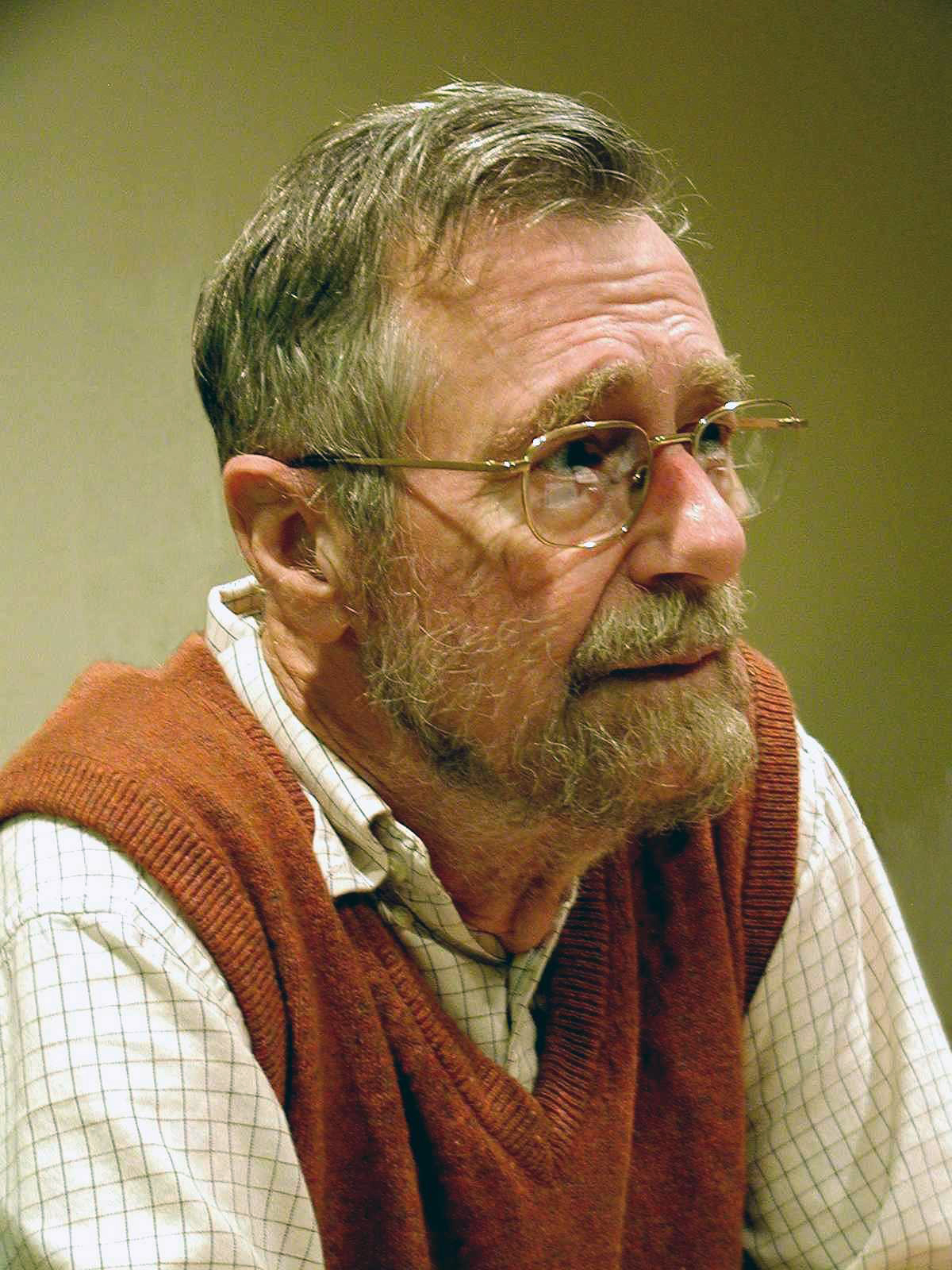A great man
Ezhel Dykstra, born in 1930, is a Dutch computer scientist. A leader in graph algorithms and operating systems, his contributions to the field of computer science have left an indelible mark, and his work continues to influence generations of computer scientists. He is a leader in the field of graph algorithms and operating systems and is considered one of the advocates of "structured programming". He proposed many famous algorithms and data structures, for example, the famous Dijkstra algorithm, which is used to solve the shortest path problem in graphs. He also provided important advice on programming languages and software design. Dykstra has published numerous important papers in the field of computer science, his contributions include the development of programming methodology, the study of distributed computing, and the exploration of concurrency and parallel computing. In 1972, he received one of the highest honors in computer science, the Turing Award, in recognition of his outstanding contributions to computer science. Dijkstra's journey in the world of computing began at a very young age. His early education laid the foundation for his brilliant career. He went on to study mathematics and theoretical physics at the University of Leiden, where he delved into the complexities of problem solving and logical thinking. This solid academic background later became the cornerstone of his pioneering work in computer science. The development of Dijkstra's algorithm is inseparable from him, which has completely changed the field of graph theory and paved the way for solving the shortest path problem in graphs, which is also what she has been pursuing. From transportation logistics to network routing, this algorithm has been applied in various fields, showing its universality and significance. In addition to algorithms, Dijkstra is a strong advocate of "structured programming," emphasizing the importance of writing code that is easy to understand and maintain. His software design principles and coding practices have shaped the way we write and develop software to this day. Dikstra's influence extends to teaching and research. He has published many influential papers, discussing programming methods, distributed computing, and concurrency with many fellow computational thinking scientists. His insights continue to guide computer scientists and software engineers in their ongoing quest for efficiency and reliability. In 1972, Edsger W. Dijkstra was awarded the ACM A.M. The Turing Award, the highest honor in computer science. The award reflects the outstanding contributions he has made throughout his career, as he has worked tirelessly in this field throughout his life. His legacy lives on in the world of computer science. His pioneering work on structured programming and innovative algorithms continues to inspire new generations of computer scientists and programmers, and has had a profound impact on the ever-evolving field of technology
